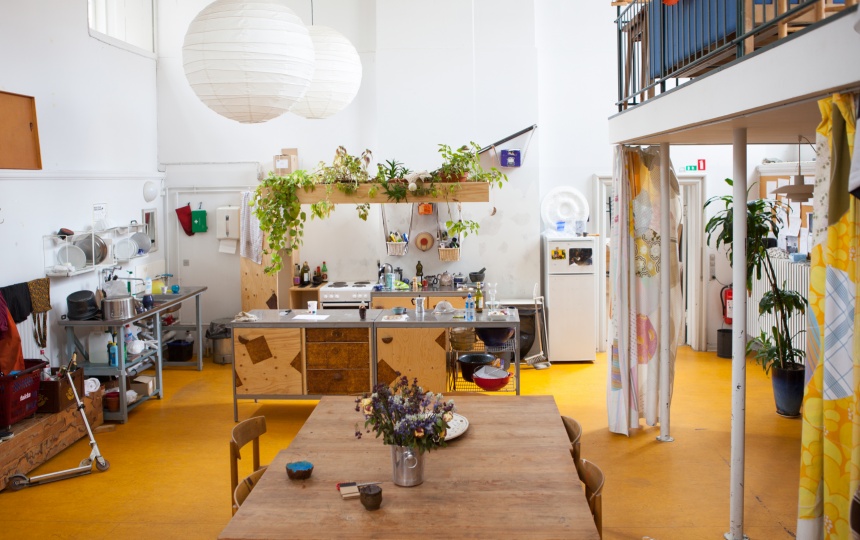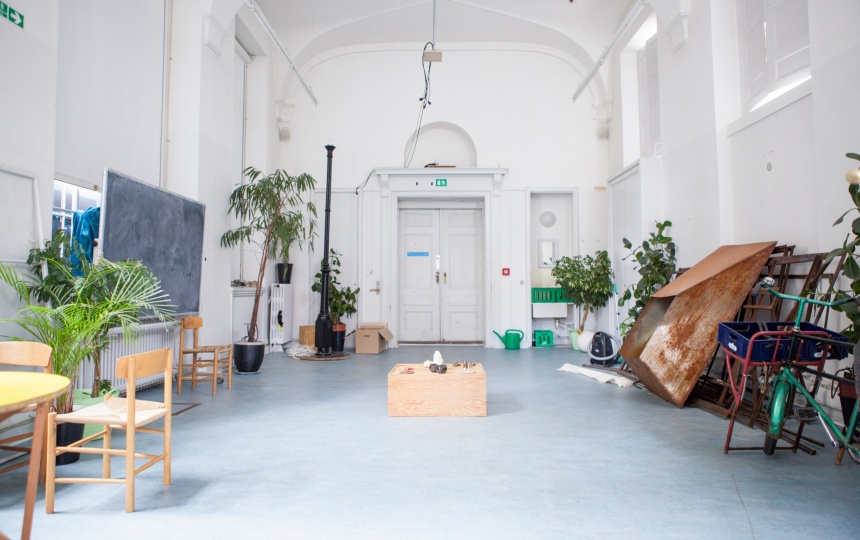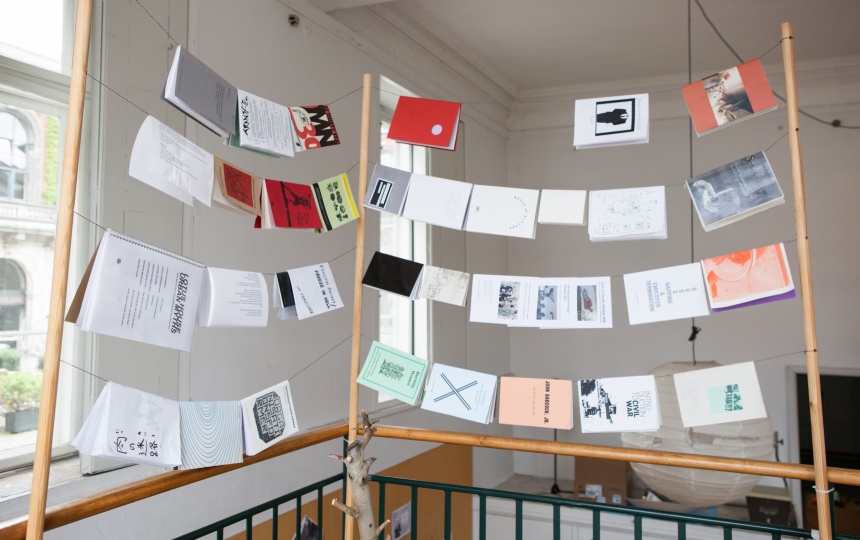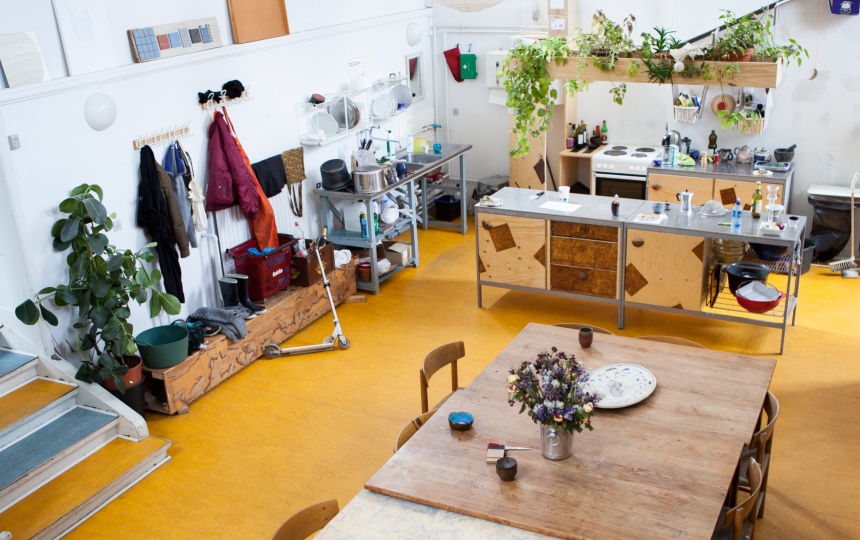The School of Conceptual and Contextual Practices is a new school initiated in September 2017. The main focus of the program is in challenging the positions from which we think and work. On the one hand, this means to question hegemonic readings of art, history, theory and territory, proposing alternative narratives from a non-Eurocentric, post-colonial, anti-imperialist, queer-feminist, anthropophagic perspective. On the other hand, it also means to disrupt the flow of decisions that lead from an idea to a finalized work and rethink the mechanisms through which it becomes public; questioning solutions that might be used by default, subverting the normalized order of thoughts, and suspecting any assumptions of what can result from artistic research.
The School of Conceptual and Contextual Practices organizes its year activities around conceptual axis chosen in dialogue with the students and in connection with their practices. For this first year, the School decided to investigate some cases or moments in which artistic thinking solidifies in ways that are not encompassed in the traditional idea of an artwork, that cannot fit inside the limits of the intervals reserved for art. Practices that happen outside the realm of art and thus make this realm more flexible, redefining its outlines. Practices that force art to merge with other fields of knowledge, other ways of doing, other spheres of society. It can be in the contiguous fields of art writing, editing or curating; it can be by using the tools and strategies of literature, dance, music, architecture, etc. But it can also be the cases in which artistic processes are tested in the fields of pedagogy, militancy, law, sociology, politics, forensics etc. By studying these examples that can trigger discussions about art and its borders, its limitations and potentials, the idea is to insist on taking the needs of every project as far as they can lead us, or to allow ourselves to be taken by them. If “art is the experimental exercise of freedom”, as written by Mario Pedrosa (1900-1981), we will try to take this experiment to its last consequences.
The School of Conceptual and Contextual Practices defines conceptual in relation to Sol LeWitt when he states that “Conceptual artists are mystics rather than rationalists. They leap to conclusions that logic cannot reach”. The School is dedicated to exploring the possibilities of a collective learning process, to questioning the power structures behind knowledge and to encouraging emancipated thinking and practice. The knowledge we are interested in does not exist beforehand, it is not in the books, but in our reading of books. It happens when the words we read encounter the experiences we remember and gain new meanings. Doing this as a group multiplies the experiences and previous references and forms chains of thought that are impossible to predict or to repeat. We so far invited an ex-sociologist to talk about the work of an architect who didn’t build and a poet to makes us write; we have peeled carrots while initiating a discussion that ended after the soup; we are now hanging hammocks, creating a new space in which our thinking can be exercised from new positions. Every position is a political one, and maybe this new positioning will allow us to reach thoughts structured beyond logic.
(Sol LeWitt "Sentences on Conceptual Art", first published in Art-Language (England), May 1969)




